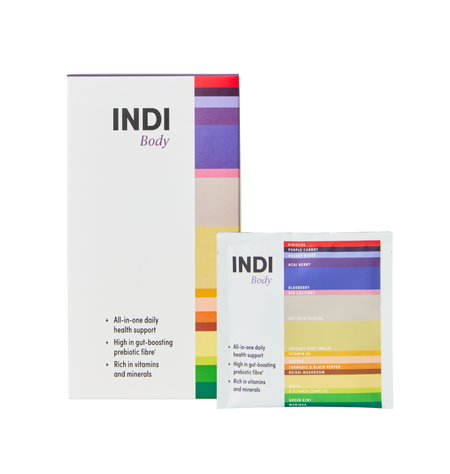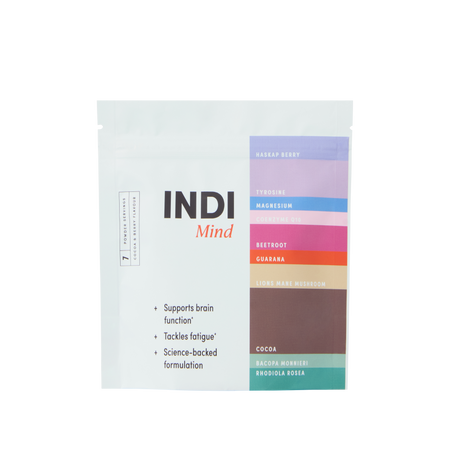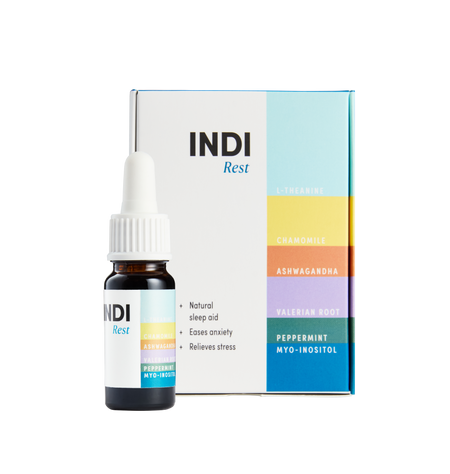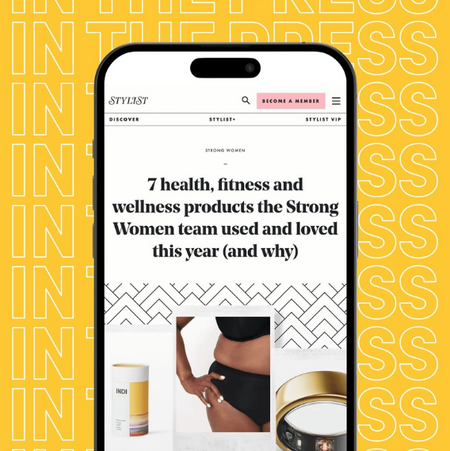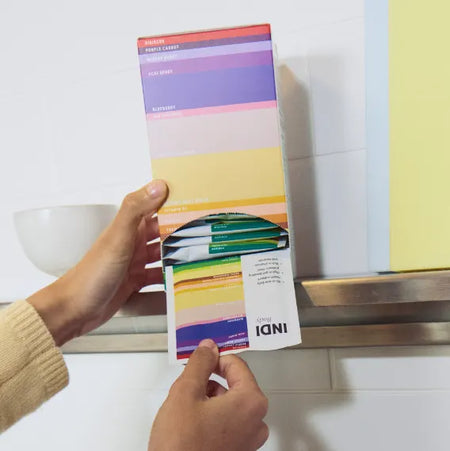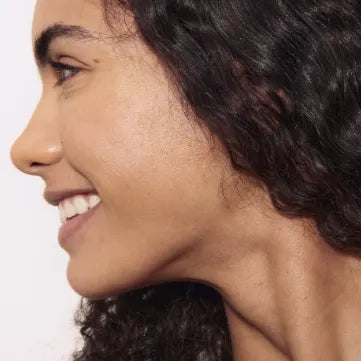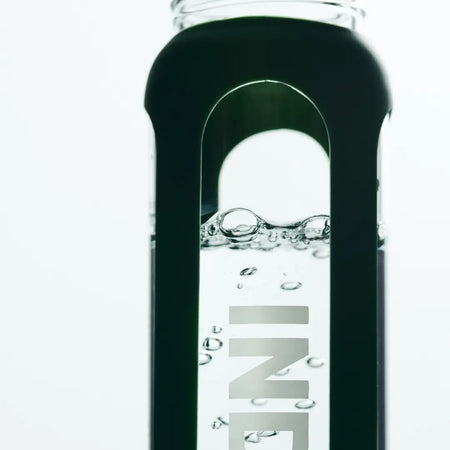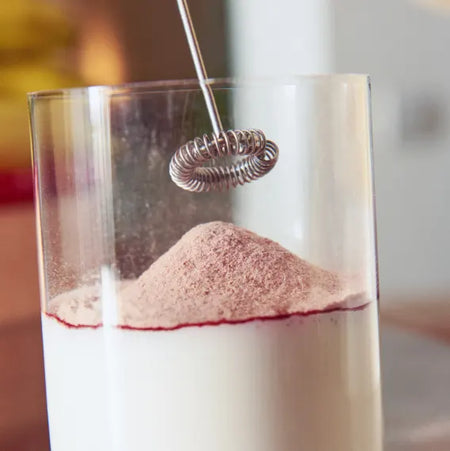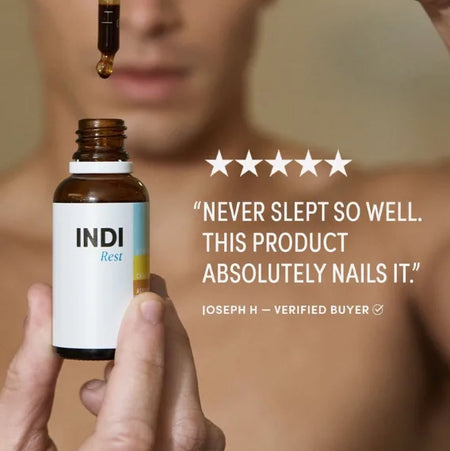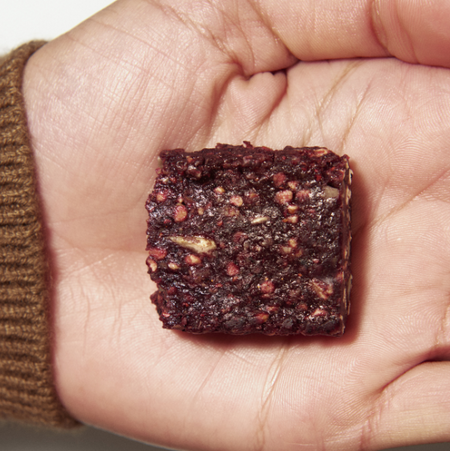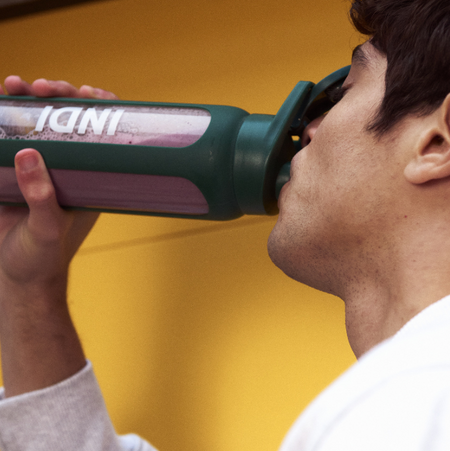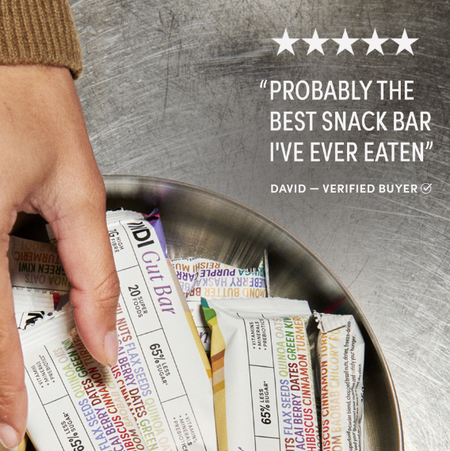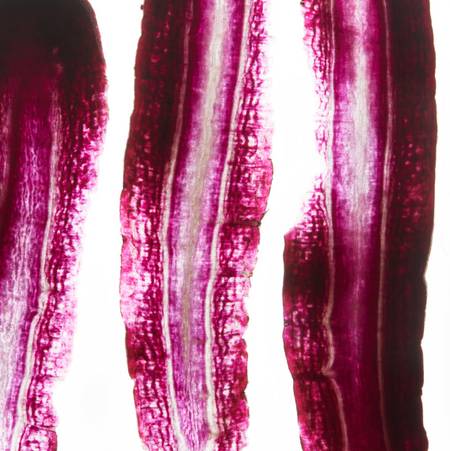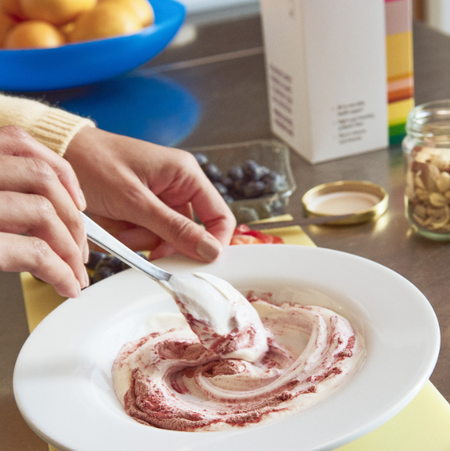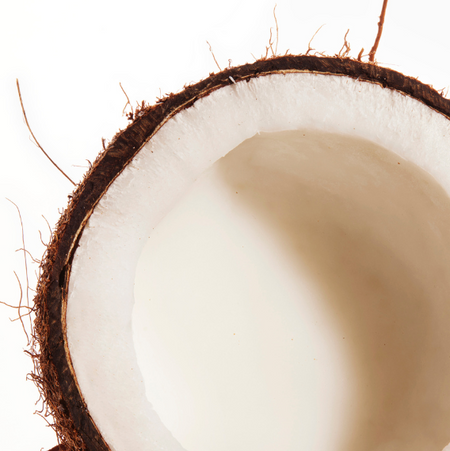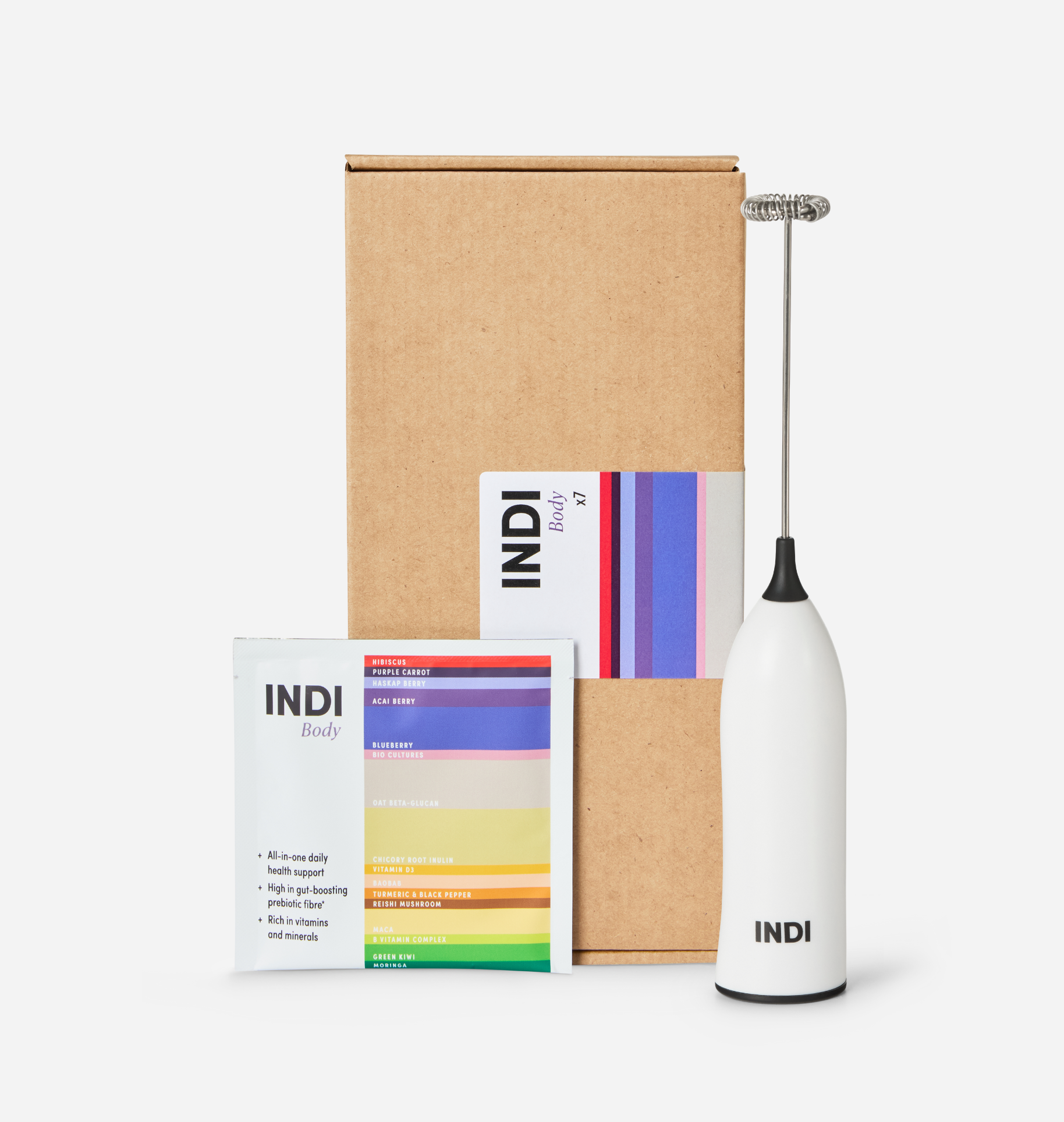Ditch the multivitamins, and dig into fibre
Chances are even if you’ve never taken a multivitamin, you’ve heard of them. The little capsules filled with big promises; more energy, better sleep, brighter skin, longer life, less chance of heart disease, cancer cure, we could go on. However, research is showing that these do-it-all pills are actually filled with, well not much. More of an empty promise than a silver bullet for a healthy life.
So, what’s the solution? If we’re told that multivitamins don’t improve our health, but in the same breath we’re told that our diets don’t provide us with everything we need for a good, strong mind and body, is there anything we can actually do to boost our nutrient and vitamin intake and protect our health long term?
We sat down with medical scientist and nutritionist Dr Federica Amati PhD to find out why multivitamins are getting a bad rep and what really is the best way to supplement your diet.
“Everybody needs and benefits from a diet high in fibre,” says Dr Federica, and yet 90% of people globally don’t get enough of the stuff. The recommended daily amount stands at 35g, that’s a hell of a lot of nuts, seeds, leafy greens and whole grains to be eating everyday. And, let’s face it when life is busy eating a varied diet is one of the first things to go.
Instead of reaching for the multivitamins, Dr Federica suggests adding a diet enhancer or whole food supplement into your diet that is rich in fibre. Indi Body, for example, contains 5.3g of your daily fibre intake which enables you to take a load of broccoli off your plate.
THE TRUTH ABOUT MULTIVITAMINS
Multivitamins are big business, according to market research firm Goldstein it’s currently estimated that the global supplement sales are set to reach $6.8 billion by the end of 2024. However, despite millions of people popping vitamins everyday a growing body of research is emerging that reveals an alarming lack of evidence into multivitamins having any sort of health benefit at all. “Clinical trials have revealed that multivitamins do nothing to prevent disease or to improve long term health,” says Dr Federica who points to a large clinical trial conducted over a ten year period on groups of people over 45 years of age, which showed that unless there was a particular need to add in extra iron, omega etc (for example, if you’re pregnant or eat a vegan diet) then taking a multivitamin doesn’t help reduce the risk of cancer or heart disease.
So, have we just been sold a load of cods (liver) wallop? Basically, yes. Sorry. “Unless you have an actual deficiency that needs addressing or have a problem absorbing nutrients, then taking a multivitamin won’t do anything,” explains Dr Federica, “multivitamins just don’t have enough of the right vitamins.” However, she is keen to point out one important caveat, “you can’t deny the placebo effect of multivitamins, if they make you feel better then by all means continue.”
WHY YOU NEED TO SWAP YOUR MULTIVITAMIN FOR FIBRE
We’ll admit it, fibre isn’t the sexiest of nutrients but, according to Dr Federica, getting enough of it is essential to increasing not only your overall health but also your chances of living longer.
Sounds impressive but what does it actually do? “Fibre keeps everything regulated,” explains Dr Federica, “it acts as fuel for your microbiome,” which essentially means that the good bacteria in your gut needs to eat the prebiotic fibres in order to survive, and thrive. A gut full of fibre is a gut full of goodness. In terms of health benefits, ensuring you have enough fibre helps to regulate your sugar levels, improve your digestion and even (more research is showing) help ward off chronic disease.
IS THERE ACTUALLY ANY DIFFERENCE BETWEEN INDI BODY AND MULTIVITAMINS?
Good question, glad you asked. First up, as we’ve mentioned, Indi Body is packed full of fibre (a key contributor to good health) but the most important thing about it is the quality of the fibre. Sure, you could get 35g of fibre through eating avocado alone (good luck, maybe don’t try it at home) but for your gut to be really healthy, variety is key. That’s where Indi Body comes in. All of the fibre in Indi Body comes from a diverse range of plants, think blueberry, oat, acai, chicory root, maca root and moringa leaf, some of which aren’t readily available in your local supermarket. Diverse food types equal diverse bacteria and biotics in your gut which, yup you guessed it, lead to a healthier you. Plus at Indi, none of the good stuff is synthesised, they just take nutritious plants and powder them down so all the nutrients are delivered to you in their most natural, bioavailable form.
There’s another key difference between Indi and multivitamins. While multivitamins don’t contain enough of any of the nutrients your body needs, Indi isn’t trying to plug a gap that doesn’t exist; instead the range has been created to bolster the health needs of the majority of people via the macronutrients that we all require. That’s why our four powder blends contains the triple threat of fibre, polyphenols and protein.
We’ve explained the importance of fibre so let’s just do a quick science lesson in the two p’s. Polyphenols are a powerful antioxidant (diet wise they can be found in berries) and studies have shown that a diet rich in them may offer protection against development of certain cancers, cardiovascular disease, diabetes and neurodegenerative diseases aka many of the things multivitamins claim to stave off. Protein, you’ll be more familiar with, but in essence you need it daily to help your body repair cells and make new ones. Adding it in via a whole food supplement like Indi Recover is particularly important if your diet doesn’t include a lot of meat or dairy.
So, sorry, but your daily multivitamin isn’t going to give you multiple health benefits, or any at all. You’re better off stocking up on fibre rich foods and adding a high in fibre diet enhancer into your daily routine.
